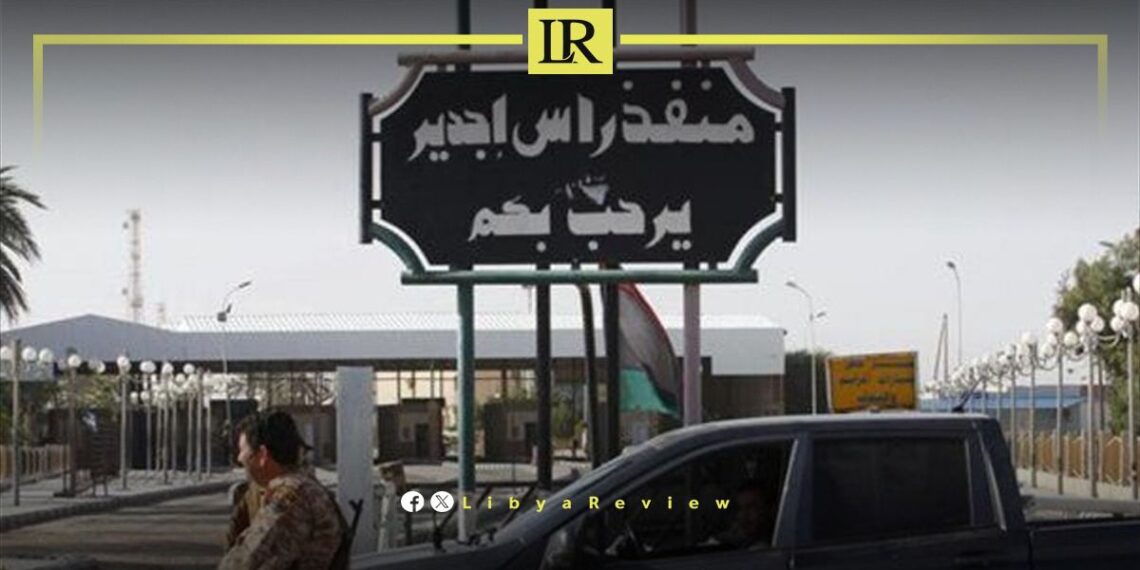On Saturday, Ghali El-Touini, Chairman of the Council of Elders and Notables in Zuwara, confirmed that the Ras Ajdir border crossing is poised for reopening soon. El-Touini noted that the security situation remains stable and all operations at the border are proceeding according to plan without any incidents of breaches or tensions.
The reopening efforts are backed by the continuous presence of forces from the Presidential Council’s General Staff and the Law Enforcement Administration.
In addition to security efforts, significant maintenance and upgrading of infrastructure at the crossing are underway. These renovations are crucial for facilitating smoother and more efficient border operations upon reopening. The focus has been on repairing roads and buildings to enhance the functionality and safety of the border facilities.
However, El-Touini expressed concerns about the potential for conflict, citing military build-ups in the area by Emad Trabelsi, the Minister of Interior for the expired term government. He emphasized the urgency of de-escalating tensions and avoiding conflict that could destabilize the region.
He also highlighted issues of smuggling across various border points, advocating for uniform regulations to prevent double standards and to ensure that focus isn’t disproportionately placed on Ras Ajdir.
In addition, the Libyan official revealed ongoing dialogues with General Mohamed Al-Haddad, Chief of the General Staff of the Western Region, aimed at reaching a consensus to allow the reopening of Ras Ajdir with full operational capabilities by official agencies.
The anticipated reopening of Ras Ajdir, crucial for trade and movement between Libya and neighboring countries, reflects broader efforts to stabilize the region amidst Libya’s challenging political landscape, marked by divisions and a lack of consensus on government leadership.
.
The planned reopening of Ras Ajdir is a hopeful sign of progress toward greater stability and economic integration in the region. It represents a critical step forward in Libya’s journey towards resolving its prolonged crisis, offering a pathway to enhanced security, governance, and prosperity.


